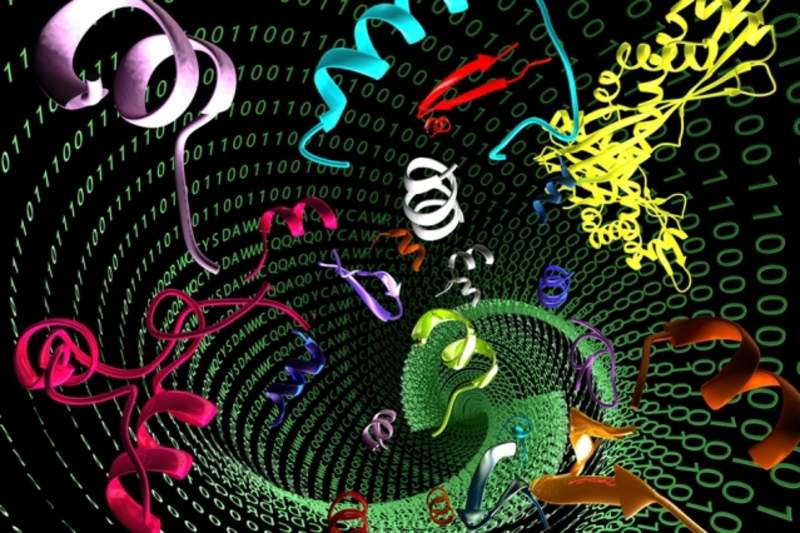
Researchers from the Massachusetts Institute of Technology (MIT) have created a computer algorithm to develop artificial peptides to tackle drug-resistant bacterial infections.
Devised in collaboration with the Catholic University of Brasilia in Brazil, the new technique duplicates the natural evolution process for developing ‘powerful’ antibiotics.

Discover B2B Marketing That Performs
Combine business intelligence and editorial excellence to reach engaged professionals across 36 leading media platforms.
The new antimicrobial peptides may provide an alternative to natural ones, which cannot fight infections in humans.
A potential candidate has already been developed using the algorithm and was able to destroy bacteria when tested in mice.
MIT postdoc Cesar de la Fuente-Nunez said: “We can use computers to do a lot of the work for us, as a discovery tool of new antimicrobial peptide sequences.
“This computational approach is much more cost-effective and much more time-effective.”

US Tariffs are shifting - will you react or anticipate?
Don’t let policy changes catch you off guard. Stay proactive with real-time data and expert analysis.
By GlobalDataThe algorithm identifies a peptide sequence, produces numerous variants and tests them for the traits specified by researchers, allowing the analysis of more peptides in less time.
Initially, researchers used the algorithm to find sequences for the Pg-AMP1 peptide present in the seeds of the guava plant. The desired traits were alpha helices formation and certain hydrophobicity levels needed to breach the bacterial membranes.
From the numerous sequences generated by the algorithm, the team developed the most promising 100 candidates, tested them against bacteria and identified the most potent peptide, guavanin 2.
With plans to advance guavanin 2 for potential human use, researchers also intend to use the algorithm to identify additional potent antimicrobial peptides.




